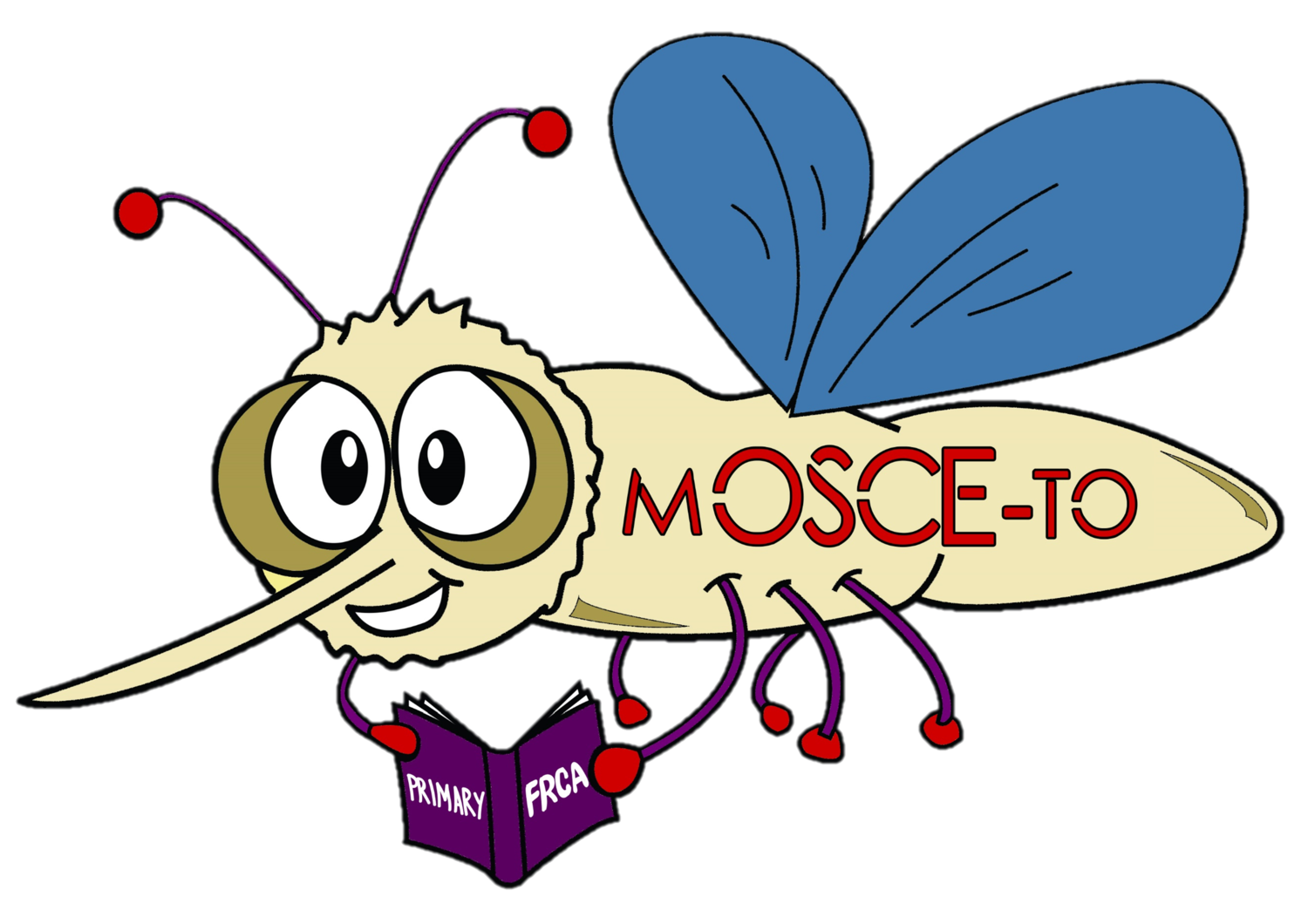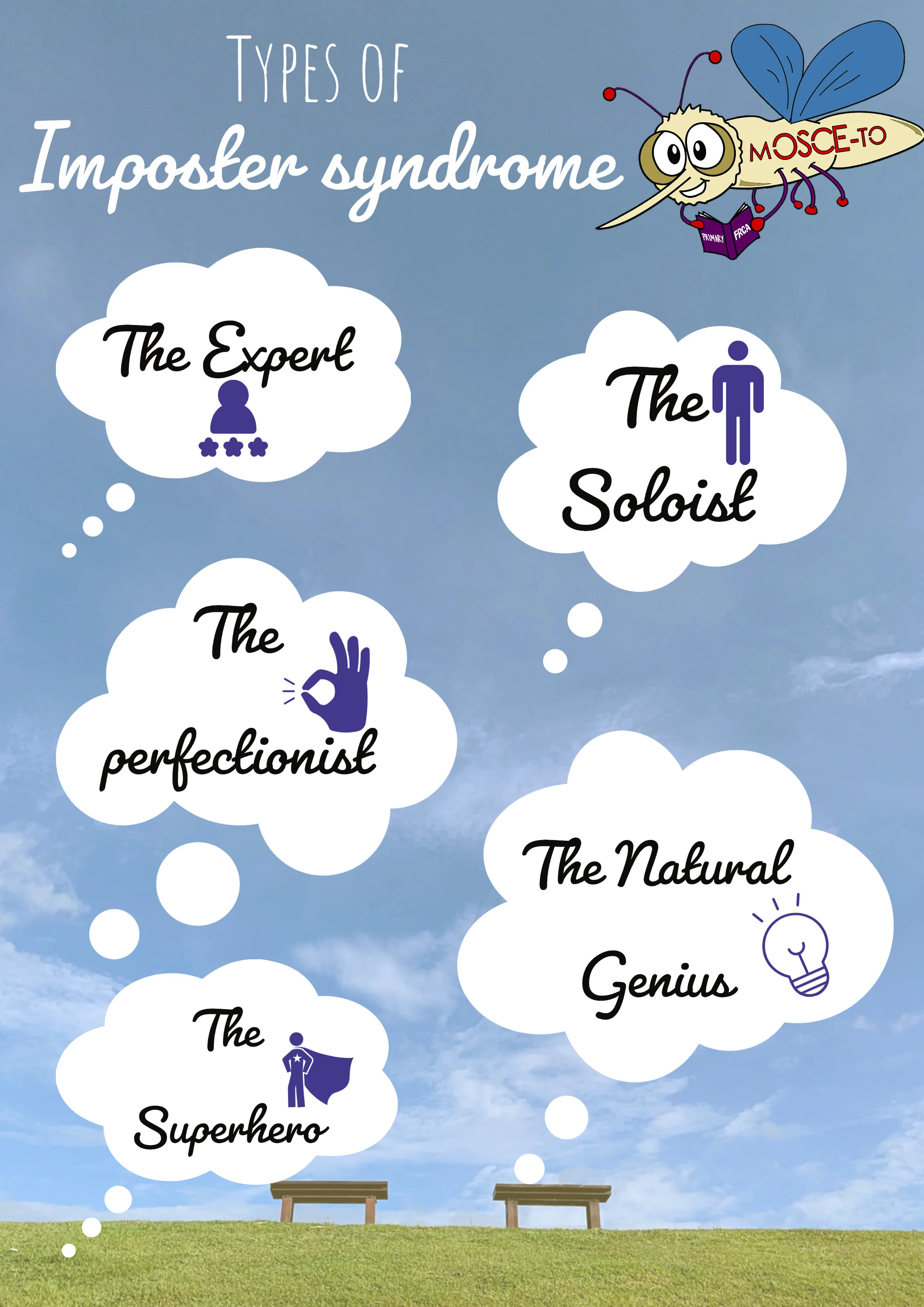Imposter Syndrome - Part 2 (5 min read)
This post has been adapted from an incredible talk delivered by Leona Walsh and Dr. G Mclachlan at the Association of Anaesthetists Trainee Conference 2021, which I felt deserved to be talked about and shared as much as possible!
(This is Part 2 of a 2 part series -> if you haven’t read part 1 you can read it here!)
In this second instalment I will be looking at the 5 types of imposter syndrome and exploring ways to silence your own “imposter”.
Have a read of the categories. Do you see yourself in them?
The Expert:
“The Expert” will measure their competence on what and how much they can do. They will often seek validation through certificates/courses to prove they have the right to be in their place and deprive themselves of opportunities if they cannot meet ALL of the requirements listed of them.
Silencing the Expert –
Recognise that there is no shame in asking for help.
Sharing knowledge/teaching/mentoring helps “Experts” recognise their capabilities and understand the depths of their knowledge, therefore reinforcing that they are deserving of praise and opportunities.
The Perfectionist:
“The Perfectionist” will set extremely high goals for themselves. Failure to achieve these will result in extreme self doubt. They will typically look at what could’ve gone better rather than celebrating what went well.
Silencing the Perfectionist –
Owning and celebrating achievements will result in increased job satisfaction and is essential to avoid burn out.
“Perfectionists” must learn to take mistakes in their stride and recognise that acting before you feel ready is an important part of the learning process – often there is no “perfect time”.
The Natural Genius:
The “Natural Genius” can master new skills very quickly and easily, and if for some reason they cannot, they will often feel shame. Like perfectionists, these individuals set their internal standards extremely high and hold unrealistic expectations of getting things done right, the first time, flawlessly.
Silencing the Natural Genius –
Whilst holding yourself to a high standard is a a good quality, recognise that skills are a ‘work-in-progress’ - this will help achieve more realistic and manageable expectations.
Accomplishment involves lifelong learning, and instant results are often not the end goal. Try breaking down tasks that can be used for self-development over a period of time – and remember, it’s okay not to be perfect at everything, the first time, every time.
The Soloist:
The “Soloist” believes that needing help is a sign of weakness and demonstrating that they can always perform independently is a sign of strength. Taking on too much risks burn out and disadvantages the soloist from forming key team building relationships with colleagues and can often overlook crucial learning opportunities from peers.
Silencing the soloist-
Try to have a collaborative approach to your practice.
Recognise that asking for help is a sign of personal development which in turn could improve patient safety and could help strengthen team working practices.
The Superhero:
The “Superhero” will work long hours, juggle multiple tasks at once, and is addicted to the validation that comes with working, not necessarily the work itself – aka the ‘workaholic’.
This can lead to burn out, sacrificing hobbies in order to progress with work and overall dissatisfaction with the work itself.
Silencing the superhero –
Establish what you value in life and recognise that activities outside of work are just as important to personal happiness.
Veer away from external validation and think about what truly is important and valuable to you. Remember – no one should have more power to make you feel good about yourself than you.
Which category do you think you fit into or is it a mixture of a few?
Do you fit into the same category you likened yourself with from our first post or have you surprised yourself with something different? Comment below!
References
Adapted from presentation “Imposter Syndrome” by Leona Walsh and Dr. G Mclachlan, presented at Trainee Conference 2021, Newcastle, Association of Anaesthetists, 8th July 2021.



